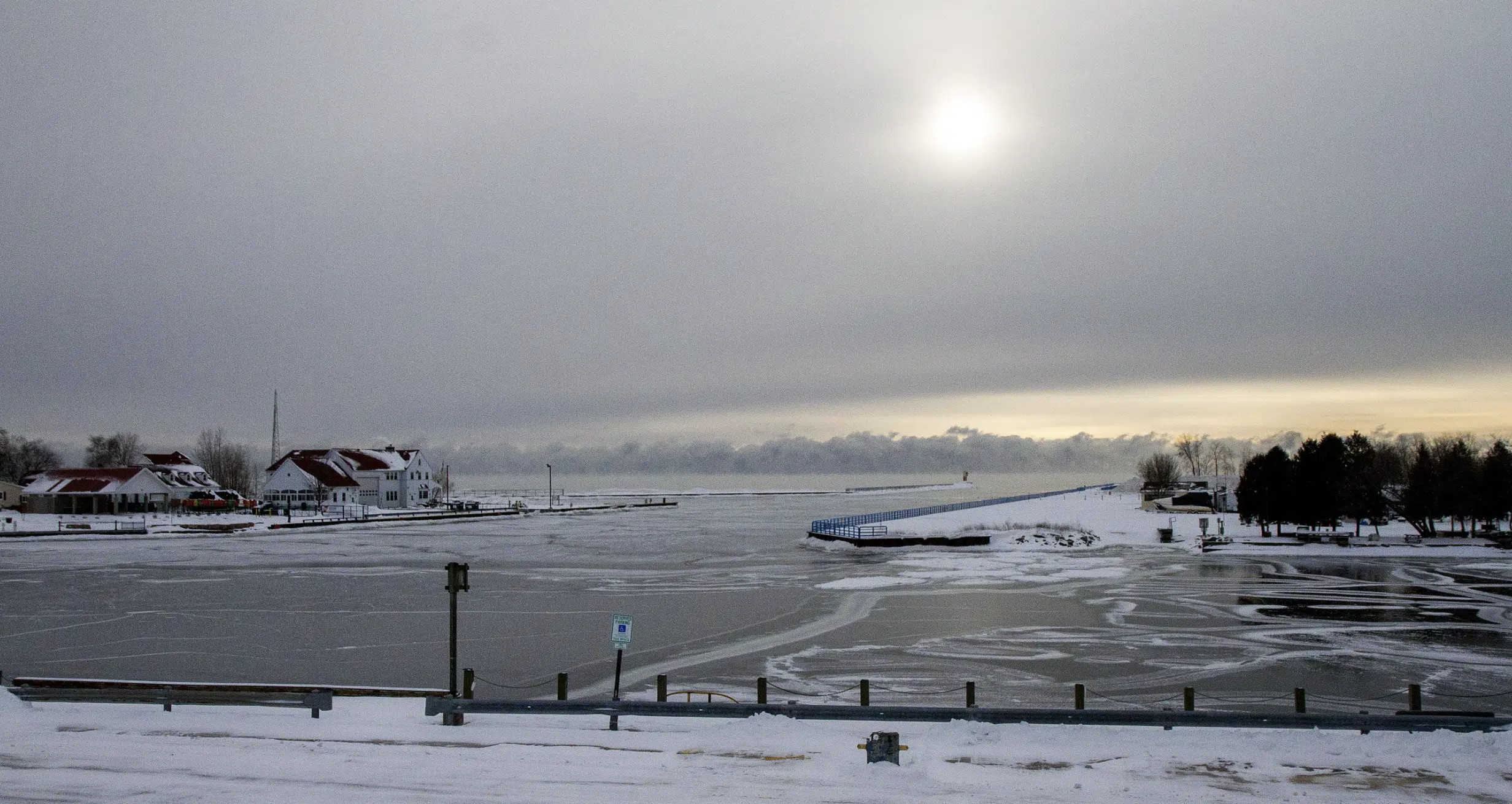
Researchers at the University of Wisconsin have published a study showing longer-last dead zones in lakes are connected to climate change.
Dead zones happen because organisms like algae fall to the bottom of the lake during stratification. While they are decomposing, they use up all the oxygen in the lower layer. That creates the dead zone. Limnology researcher Robert Ladwig and his team looked at 40 years of data from Lake Mendota.
Ladwig’s report says a warming climate means stratification will start earlier and algae blooms will be bigger. Dead zones would last longer, damaging many lake ecosystems. The researchers say using less fertilizer and preventing runoff into lakes can help.










